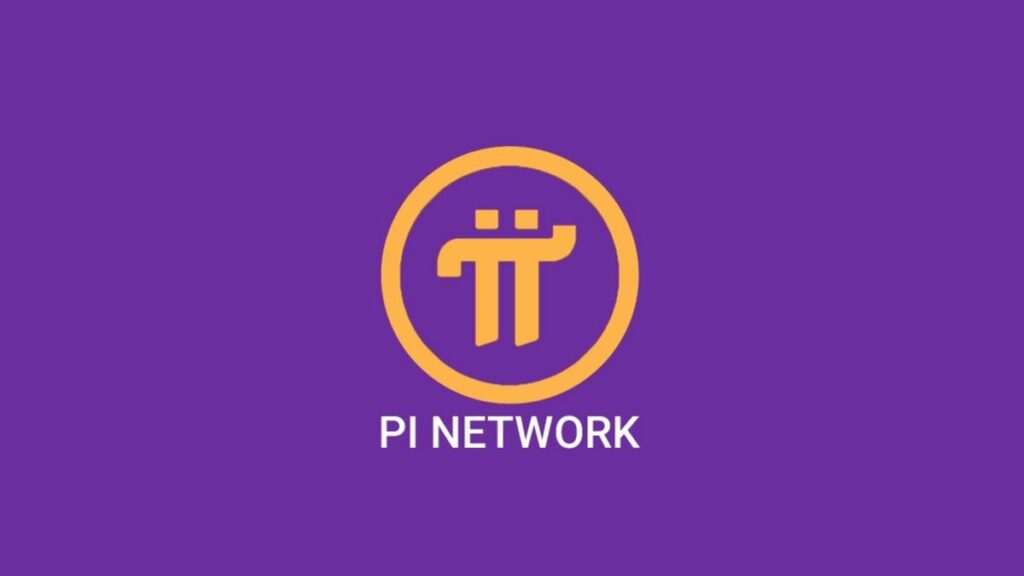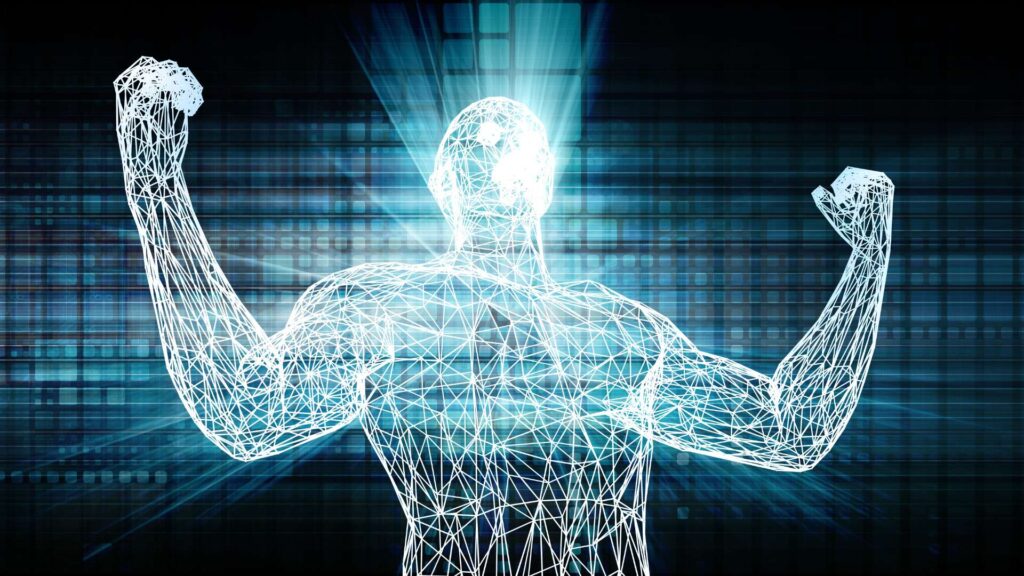Use of AI in Everyday Life – Artificial Intelligence (AI) is no longer a futuristic concept—it’s already a part of our daily lives. From voice assistants like Siri and Alexa to personalized recommendations on Netflix and Amazon, AI is transforming the way we live, work, and interact. But as AI continues to advance at a rapid pace, the question arises: Are we truly ready for its full impact?
How AI is Transforming Daily Life – Use of AI in Everyday Life
AI is deeply embedded in various aspects of modern life, making tasks more convenient and efficient. Here are some key areas where AI is playing a major role:
- Smart Assistants & Automation
Voice-controlled AI assistants like Google Assistant, Alexa, and Siri help us manage schedules, control smart home devices, and even answer queries instantly. Additionally, automation tools powered by AI are streamlining workflows in offices, reducing repetitive tasks, and increasing productivity.
- Personalized Experiences
From Spotify creating your perfect playlist to Netflix recommending binge-worthy shows, AI analyzes user behavior to offer customized experiences. E-commerce giants like Amazon and Alibaba use AI-powered algorithms to suggest products tailored to individual preferences, making shopping more personalized than ever.
- Healthcare Revolution
AI is transforming healthcare with early disease detection, robotic surgeries, and virtual health assistants. AI-powered tools can analyze medical data and predict diseases like cancer before symptoms even appear. This not only improves patient care but also enhances the efficiency of healthcare professionals.
- AI in Transportation
The concept of self-driving cars is becoming a reality with AI at its core. Companies like Tesla and Waymo are pushing boundaries to develop autonomous vehicles that could redefine transportation. AI also optimizes traffic management systems, reducing congestion and improving road safety.
- AI in Education
AI-driven learning platforms like Duolingo, Coursera, and Khan Academy personalize education by adapting to students’ learning styles. AI tutors and chatbots assist students, making education more accessible and interactive.
Challenges and Ethical Concerns
Despite its advantages, AI also brings challenges and ethical dilemmas. Some major concerns include:
- Job Displacement
With automation and AI-driven machines taking over repetitive tasks, many fear that jobs will be lost in industries like manufacturing, customer service, and data entry. However, AI is also creating new job opportunities in tech, cybersecurity, and AI ethics.
- Privacy and Security Risks
AI collects vast amounts of user data, raising concerns about data privacy and cybersecurity. Social media platforms, search engines, and smart devices continuously gather information, leading to fears of surveillance and misuse of personal data.
- Bias and Fairness
AI algorithms can sometimes be biased, reflecting societal inequalities. AI-powered hiring tools and facial recognition software have been criticized for racial and gender biases, highlighting the need for ethical AI development.
Are We Ready for the AI Revolution?
The reality is that AI is already here, and it’s evolving rapidly. Governments, businesses, and individuals must prepare by ensuring ethical AI use, investing in digital literacy, and adapting to the changes AI brings. While AI offers immense benefits, a balanced approach is necessary to harness its power while mitigating risks.
As AI continues to shape our future, the key question remains: Are we using AI wisely, or is AI using us? The answer depends on how we integrate AI into our lives while maintaining control over its impact.





















































